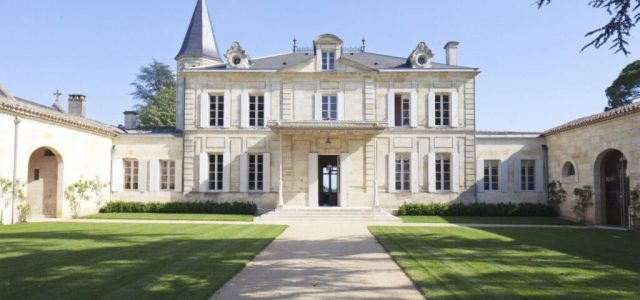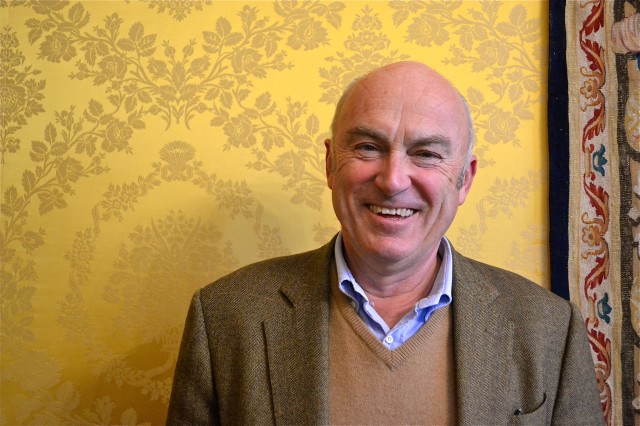This website uses cookies so that we can provide you with the best user experience possible. Cookie information is stored in your browser and performs functions such as recognising you when you return to our website and helping our team to understand which sections of the website you find most interesting and useful.
Cheval Blanc and Ausone quit St. Emilion classification system
Two heavyweight Bordeaux châteaux – Cheval Blanc and Ausone – have withdrawn from the official St. Emilion classification system.

As reported by The Times, the powerful pair made the decision to renounce the classification system, claiming that it has come to be based more on the estates’ social media presence than on the quality of the wines.
“The evaluation was getting too far removed from what seemed fundamental to us – the terroir, wine, history,” Pierre Lurton, director of Cheval Blanc, told The Times.
When the classification system was created in 1955, a century after the Left Bank’s 1855 classification was first drawn up, Ausone and Cheval Blanc were the only two estates awarded the top honour of grand cru classé ‘A’ status.

The departure of the system’s top two châteaux threatens to undermine the credibility of the classification and may put the 2022 classification in jeopardy.
The châteaux have been praised for standing up for ancestral values in a world now dominated by superficial social media posts.
Critics, however, have suggested that the move was spurred on by the prospect that a number of new estates may be elevated to ‘A’ status next year.
The classification, which is revised every decade, includes three grades: grand cru classé, premier grand cru classé ‘B’ and premier grand cru classé ‘A’.
When the system was last revised in 2012, Pavie and Angélus were upgraded to ‘A’ status alongside Ausone and Cheval Blanc. A further 14 estates were rated as premier grand cru classé ‘B’ and 64 as grand cru classé.
In addition to an assessment of the past 10-15 vintages of each estate, among the criteria for the 2012 revision was an assessment of the châteaux’s “fame and the means implemented to develop it”, via press coverage and social media posts.
Ausone and Cheval Blanc, which is owned by LVMH head Bernard Arnault, have allegedly taken umbrage at this approach, believing the classification now depends too heavily on an estate’s marketing abilities and its social media clout.
“The terroir and tasting part of the assessment was too small in comparison with the marketing and the social media,” Pauline Vauthier, technical director at Ausone, told The Times.

